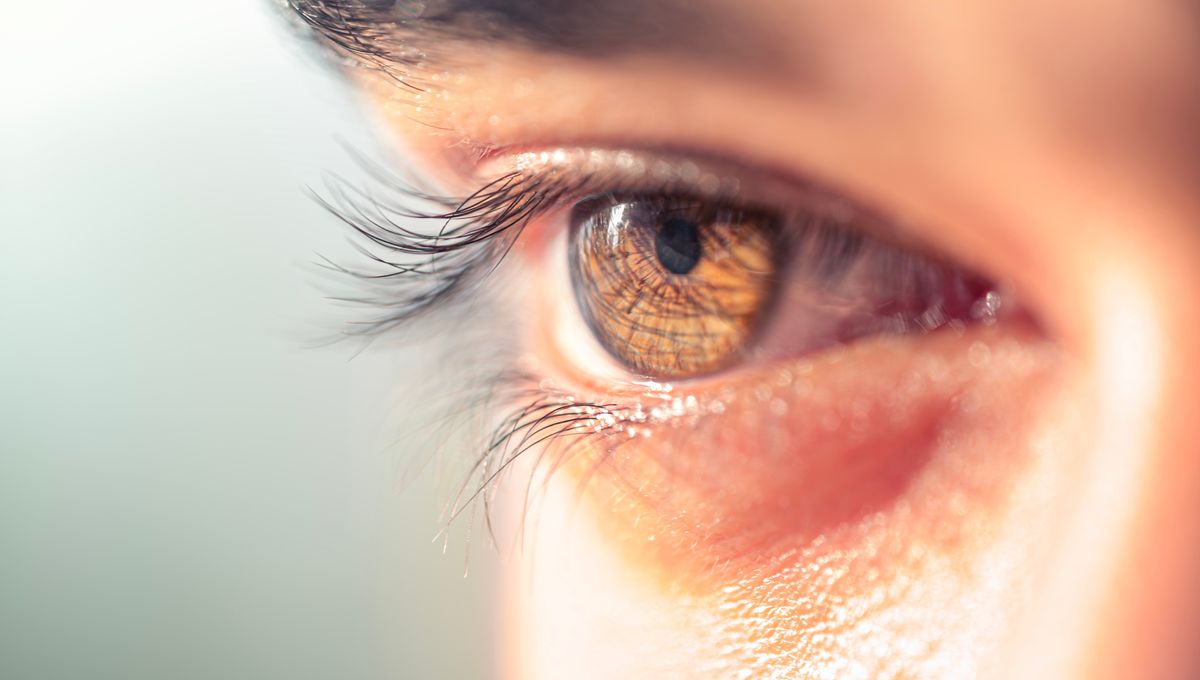
If you’ve never questioned how on Earth humanity has survived this long, just have a scroll through social media and you’ll soon come to. Not only has it revealed that people are eating sticks of butter, huffing toxic fumes, and spreading serious levels of health misinformation, but now people are shaving off their eyelashes, too – and that’s really not a great idea.
Why are people shaving off their eyelashes?
Widespread attention first landed on this trend back in January, when TikTok user billybeebaddestbitch posted a video of someone getting their eyelashes trimmed back with a pair of electric clippers, captioned “A new trend for toxic masculine men where they shave off their eyelashes because they look too feminine.”
While there are other similar videos with similar reasoning circulating on the social media app, the true extent to which people are doing this outside of the internet, and for what reason – though many of the videos feature men – is unclear.
But if it is to look more masculine, that doesn’t make much sense – at least from a biological perspective. Cultural gender norms might have perpetuated the idea that women have longer, thicker eyelashes, while men’s are naturally shorter and sparser, but science simply doesn’t back that up.
There’s a lack of strong evidence to suggest it has anything to do with sex; instead, it’s likely that genetics plays a role, among other environmental factors, which means eyelash length is going to be something that varies from person to person, likely regardless of their biological sex.
Why you need your eyelashes
Whatever someone’s reason for lopping off their eyelashes, it’s not an advisable thing to do. Our body might have a few things it doesn’t really need anymore – like the remnants of a third eyelid and some snazzy, but useless ear muscles – but eyelashes remain firmly in the category of “very useful body parts”.
For one, they keep all sorts of dust and debris out of our eyes (although pollen somehow still seems to get in – we’ll be having words with eyelash management about that). That’s not just things like crumbs and the fluff of your jumper that could physically damage your eye, but also infection-causing nasties that could be hanging about on them.
One of the ways they do this is not just by physically catching debris, but also by being super sensitive. If you’ve got a bug approaching your eye, it’s likely to hit your eyelashes first, reflexively triggering you to blink. Eyelashes, one, eyeball-seeking midges, nil.
Research also suggests that eyelashes stop our eyes from getting too dry by diverting airflow away from the eye so that the tear film stays intact, as well as potentially acting to shield our eyes from receiving too much ultraviolet light.
Don’t get us wrong – eyelashes can still cause problems. Trichiasis, for example, is a condition in which eyelashes grow towards the eye instead of away from it, which can rub against the eye; this can cause irritation and even damage.
On the whole, though, eyelashes are very much worth keeping as they are, if you value not having itchy, infected, dry eyes.
If that’s not enough to convince someone to keep their eyelashes intact, the prospect of a sharp pair of scissors or clippers mere millimeters away from their eyeballs might also do the trick. A slice to the peepers is nobody’s idea of fun.
All “explainer” articles are confirmed by fact checkers to be correct at time of publishing. Text, images, and links may be edited, removed, or added to at a later date to keep information current.
The content of this article is not intended to be a substitute for professional medical advice, diagnosis, or treatment. Always seek the advice of qualified health providers with questions you may have regarding medical conditions.
Source Link: Please Don’t Shave Off Your Eyelashes, People – You Need Them